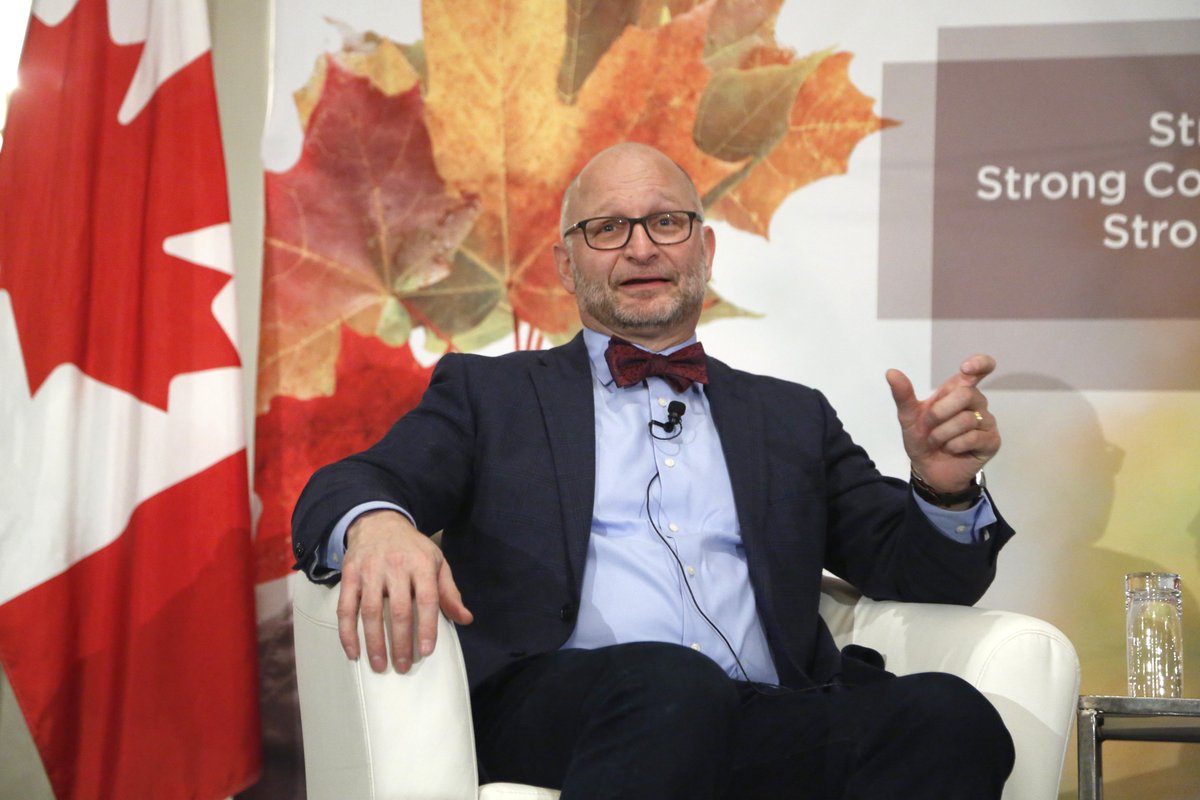
The Honourable David Lametti, Minister of Justice and Attorney General of Canada, today announced the following appointments under the judicial application process established in 2016. This process emphasizes transparency, merit, and diversity, and will continue to ensure the appointment of jurists who meet the highest standards of excellence and integrity.
The Honourable J. Christopher Grauer, a Judge of the Supreme Court of British Columbia, is appointed a Justice of Appeal of the Court of Appeal for British Columbia. Justice Grauer replaces Justice J.E.D. Savage (Vancouver), who resigned effective September 1, 2019.
The Honourable Peter H. Edelmann, Partner at Edelmann & Company Law Corporation in Vancouver, is appointed a Judge of the Supreme Court of British Columbia. Justice Edelmann replaces Madam Justice J. DeWitt-Van Oosten (Vancouver), who was elevated to the Court of Appeal on May 2, 2019.
Biographies
Justice Grauer was born in Vancouver, B.C. He studied at Wesleyan University in Connecticut and the Vancouver School of Art before graduating with a B.A. from the University of British Columbia in 1974.
Justice Grauer studied law at the University of Toronto. He graduated in 1979 with the degree of Juris Doctor, and was awarded the Dean’s Key. He then served as law clerk to the Chief Justice of British Columbia, before joining the Vancouver law firm of Bull, Housser & Tupper where he practiced civil litigation after his call to the bar in 1981.
In 1999, Justice Grauer co-founded the boutique law firm of Dives, Grauer & Harper (now Dives, Harper & Stanger), specializing in civil litigation, professional liability and health law. He was a frequent contributor to and lecturer in continuing education courses for the Continuing Legal Education Society of British Columbia (CLEBC) and the Canadian Bar Association. He also served as a volunteer pro bono lawyer for the Western Canada Society to Access Justice.
Justice Grauer was appointed to the Supreme Court of British Columbia on April 11, 2008. He is a member of the faculty for the Canadian Institute of the Administration of Justice /National Judicial Institute course “Mastering the Skill of Judgment Writing”, and was a co-author of CivJI, the CLEBC publication of civil jury instructions, for nine years. He has worked for many years with the three law faculties in British Columbia to coordinate the annual BC Law Schools Moot Competition, and has regularly assisted in the Peter A. Allard Faculty of Law advocacy program.
Justice Edelmann was born in Toronto to immigrants from Switzerland. He was raised with his four siblings on a farm in southeastern Ontario, attending French schools in nearby Hamilton. Receiving an undergraduate degree in French literature and philosophy from the University of Toronto, he went on to pursue graduate studies at the University of British Columbia. In 2004, he received both LL.B. and Civil Law degrees from McGill University.
Called to the bar in British Columbia in 2005, he began his career as a sole practitioner primarily focused on criminal defence, in a practice that came to encompass national security, extradition, immigration and refugee law. Most recently, he was a partner at Edelmann and Company, a recognized immigration and refugee law firm in Vancouver. Justice Edelmann appeared before all levels of the federal and provincial courts, as well as the various divisions of the Immigration and Refugee Board. He was an active member of the Immigration Section of the Canadian Bar Association and sat on the litigation committee for the Canadian Council for Refugees. He appeared regularly before Parliamentary committees and before the Supreme Court of Canada on issues related to criminality and national security in the immigration context.
Justice Edelmann is fluently bilingual and has written and presented extensively, including teaching law in the Computer Forensics program at the British Columbia Institute of Technology and the University of British Columbia’s Certificate in Immigration: Laws, Policies and Procedures program.
Justice Edelmann and his spouse have a busy home life with their two sons.
Quick facts
- At the Superior Court level, more than 300 judges have been appointed since November 2015. These exceptional jurists represent the diversity that strengthens Canada. Of these judges, more than half are women, and appointments reflect an increased representation of visible minorities, Indigenous, LGBTQ2S and those who self-identify as having a disability.
- The Government of Canada is committed to promoting access to justice for all Canadians. To improve outcomes for Canadian families, Budget 2018 will provide funding of $77.2 million over four years to support the expansion of unified family courts, beginning in 2019-2020. This investment in the family justice system creates 39 new judicial positions in Alberta, Ontario, Nova Scotia, and Newfoundland and Labrador.
- In addition, Budget 2018 provided funding for a further seven judicial positions in Saskatchewan and Ontario, at a cost of $17.1 million over five years.
- In addition, the Government will invest $6 million over two years, beginning in 2018-2019, to support the judicial discipline process through which allegations of judicial misconduct are investigated. In this way, the Government will ensure that a robust process remains in place to allow Canadians to voice their concerns and submit complaints about judicial conduct to the Canadian Judicial Council and the Office of the Commissioner for Federal Judicial Affairs.
- Federal judicial appointments are made by the Governor General, acting on the advice of the federal Cabinet and recommendations from the Minister of Justice.
- The Judicial Advisory Committees across Canada play a key role in evaluating judicial applications. There are 17 Judicial Advisory Committees, with each province and territory represented.
- Significant reforms to the role and structure of the Judicial Advisory Committees, aimed at enhancing the independence and transparency of the process, were announced on October 20, 2016.